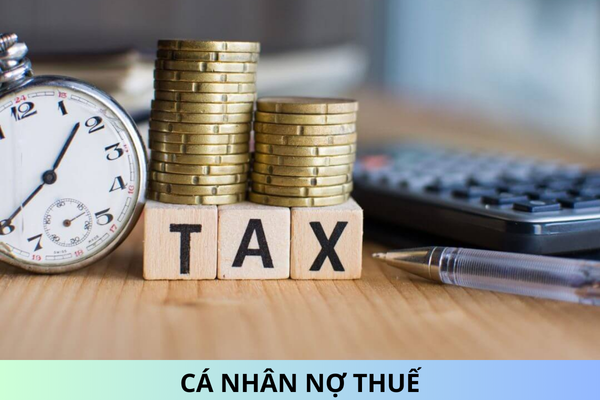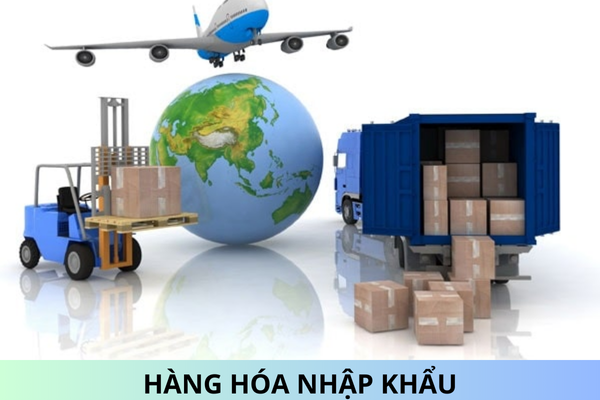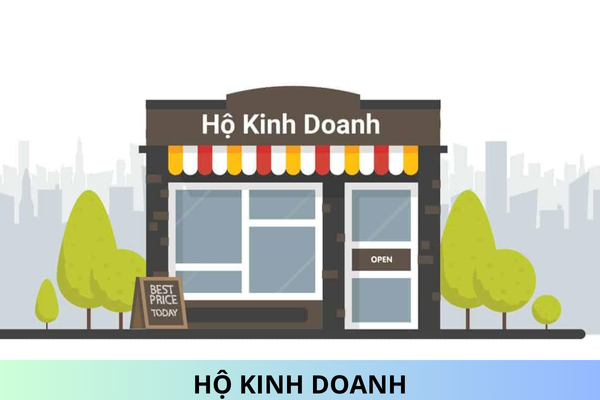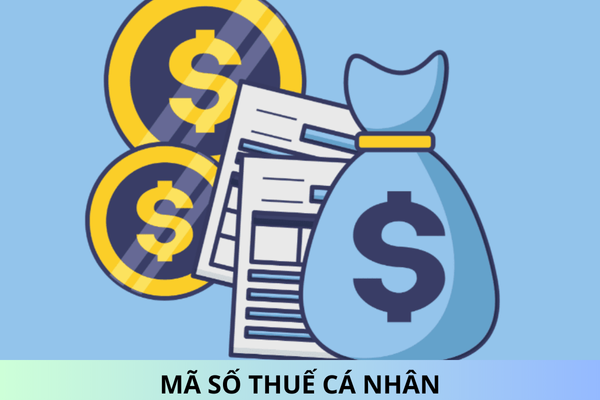If I sell fresh tea leaves to other household businesses, how much tax rate must I issue a VAT invoice in Vietnam?
If I sell fresh tea leaves to other household businesses, how much tax rate must I issue a VAT invoice in Vietnam? How much is penalty for issuing invoices whose contents are not fully consistent with those stated in lawful notices and reports regarding invoices submitted to tax authorities in Vietnam? What are electronic invoice-related services in Vietnam?
Hello. My business household pays VAT according to the direct calculation method on VAT, conducts preliminary processing of agricultural products such as tea leaves after purchasing from other households, and collects and delivers them to other business households for processing, selling finished dried tea leaves, I don't know if selling fresh tea leaves to other businesses must issue a value-added invoice with what tax rate?
Please advise. Thankyou.
If I sell fresh tea leaves to other household businesses, how much tax rate must I issue a VAT invoice in Vietnam?
In Clause 5, Article 5 of Circular 219/2013/TT-BTC stipulates as follows:
5. A company or cooperative that pays VAT using credit-invoice method and sells unprocessed or preprocessed farming, breeding, aquaculture products to another company or cooperative for commercial purposes shall be exempt from declaring and paying VAT. The selling price on the VAT invoice is VAT-exclusive price, the line of tax rate must be left blank and crossed out.
A company or cooperative that pays VAT using credit-invoice method and sells unprocessed or preprocessed farming, breeding, aquacultural products to other entities such as business households, businesspeople, other organizations or other individuals has to declare and pay 5% VAT according to Clause 5 Article 10 of this Circular.
A business household, businessperson, company, cooperative, or business organization that pays VAT directly on value added using direct method and sells unprocessed or preprocessed farming, breeding, aquaculture products for commercial purposes shall declare and pay VAT at 1% of the revenue.
Example 19: Company B, which pays VAT using credit-invoice method, purchases rice directly from the farmers or farming companies. This direct purchase of rice from the farmers or farming companies is not subject to VAT.
When company B sells rice to exporter C, company B is not required to declare and pay VAT on the rice sold to exporter C.
When company B sells rice to company D, which is a noodle producer, company B is not required to declare and pay VAT on the rice sold to company D.
On the invoices issued to exporter C and company D, company B must specify that the selling price is VAT-exclusive. The line of tax rate must be left blank and crossed out.
When company B directly sells rice to consumers, 5% VAT shall be declared and paid in accordance with the instructions in Clause 5 Article 10 of this Circular.
Example 20: Company A, which is a business organization that pays tax using credit-invoice method, buys coffee beans from farmers, then sells them to business household H. 5% VAT shall be levied on the revenue from selling coffee beans to business household H.
Example 21: After purchasing tea leaves from a farmer, Mr. X’s household sells them to Mr. Y’s household. Mr. X’s household must calculate and pay direct VAT at 1% of the revenue from selling tea leaves to Mr. Y’s household.
If VAT on the invoices for the unprocessed products or preprocessed products that are sold to a company or cooperative has been declared, the seller and the buyer must adjust the invoices to be exempt from VAT.
According to this Article, after your business household purchases tea leaves from a tea growing household and sells them to another household business, your household business must declare, calculate and pay tax on the increased value at the rate of 1% of the above revenue in Vietnam.
How much is penalty for issuing invoices whose contents are not fully consistent with those stated in lawful notices and reports regarding invoices submitted to tax authorities in Vietnam?
According to Clause 2, Clause 7, Article 29 of Decree 125/2020/ND-CP corrected by Clause 2 of Official Dispatch 29/CP-KTTH of 2021 on penalties for violations against regulations on the act of preparing and delivering invoice-related notices, reports, specifically as follows:
2. Fines ranging from VND 1,000,000 to VND 3,000,000 shall be imposed for one of the following violations:
a) Submitting notices or reports regarding invoices from 1 to 10 days after expiry of the regulated submission time limit, except the case prescribed in clause 1 of this Article;
b) Issuing invoices wrongly or those whose contents are not fully consistent with those stated in lawful notices and reports regarding invoices submitted to tax authorities.
If entities or persons, by themselves, detect errors and re-issue substitute notices or reports in accordance with regulations to their supervisory tax authorities before issuance of decisions to carry out tax inspections or reviews at the violating taxpayer’s offices by tax authorities or competent authorities, they shall not be sanctioned.
7. Remedies: Compelling the preparation and delivery of invoice-related notices or reports with respect to the acts specified in point b of clause 2 and point b of clause 5 of this Article.
In addition, Clause 4, Article 7 of Decree 125/2020/ND-CP stipulates sanctioning forms, remedies and principles of imposition of fines for tax or invoice-related administrative violations, accordingly:
4. Principles of determination of fine amounts
a) The fine amounts specified in Article 10, 11, 12, 13, 14 and 15; clause 1 and 2 of Article 19; and Chapter III herein, shall be those applied to violating entities.
Taxpayers that are family households or sole proprietorship households shall be fined the same as violating persons.
b) When determining the fine amounts imposed on the taxpayers that commit violations under both aggravating and mitigating circumstances, the aggravating circumstance shall be reduced or relieved according to the one-for-one rule under which a mitigating circumstance is offset against a aggravating circumstance.
c) Any mitigating or aggravating circumstance which is already used as a basis for determining the fine range for a violation shall not be used for determination of the specific fine amount under the provisions of point d of this clause.
d) With respect to fines, the specific amount of fine for a violation arising from the implementation of tax or invoice-related procedures as prescribed in Article 19 herein must be the average of specific fines in the range for such violation. For a mitigating circumstance that exists, the average fine for a violation in the fine range shall be reduced by 10% provided that the fine amount imposed for such violation is not lower than the minimum fine in that range. Meanwhile, for an aggravating circumstance that exists, the average fine for a violation in the fine range shall be increased by 10% provided that the fine amount imposed for such violation is not greater than the maximum fine in that range.
Thus, when individuals make wrong reports on invoices as prescribed in Vietnam, they will be fined from VND 1,000,000 to VND 3,000,000, and must also make, send notices and report on invoices.
For organizations, the fine level when making wrong reports on invoices as prescribed and sending them to tax authorities will be fined from VND 2,000,000 to VND 6,000,000 in Vietnam.
What are electronic invoice-related services in Vietnam?
Pursuant to Clause 1, Article 92 of the Law on Tax Administration 2019, regulations on electronic invoice-related services are as follows:
1. Electronic invoice-related services include provision of unauthenticated electronic invoice-related solutions, transmission of unauthenticated electronic invoices from taxpayers to tax authorities, and services related to authenticated electronic invoices.
With this regulation in Vietnam, electronic invoice-related services includes the above service.
Best regards!











